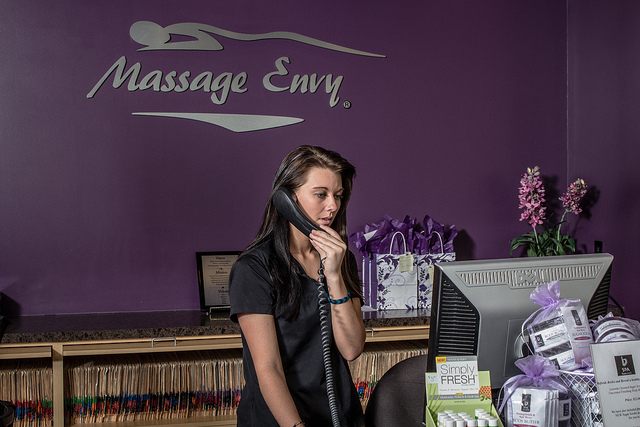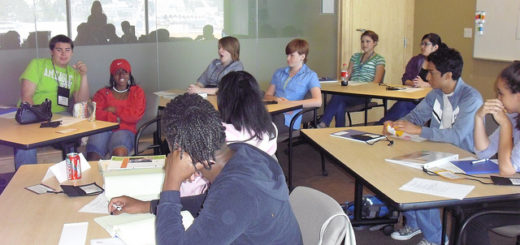Protect Yourself Against Burnout
If you are in a helping profession, you always smile, solve problems and fix issues. When training in these fields you learn to avoid causing harm, to help, to improve people’s lives, health and experiences. However burnout is rarely dicussed.
Burnout is a serious threat to professional helpers.
Here are a few tips about protecting yourself that you can easily put to use regardless of whether you are a therapist, a salesperson or service worker.

One of the skills you need to nurture to protect yourself against burnaout is to learn to say no. Let your no be a true and compassionate no, and your yes a comfortable and self-respecting yes.
The Service Industry Finds Difficulty In Serving Its People
We know this because of decades of research starting with airline ground and cabin crew, through nursing and onto hotel workers.
Today service industries employ 50% of the productive members of society such as doctors, therapists, guides, salespeople, hotel employees, teachers or drivers.
Although many industries are highly focused on serving people they can be hard on employees. They even may even abuse them.
Work place abuse has many aspects including long hours of work, poor compensation, working without social security coverage, not being appreciated, being given responsibility and criticised for the decisions made.
The art of appearing upbeat and helpful in the face of customer frustration and anger requires energy and skill. It calls for what is known as emotional labour, and is the subject of many academic studies.
We need to take responsibility for our reality. Do you show enough respect and compassion towards your own needs? Do you have healthy boundaries? How high is your awareness about protecting yourself?
In fact, many service industry workers choose and develop self-harming working habits as their own preferences rather than their employers’ expectations.
Protecting Yourself is a Necessity
Protecting yourself is one of the most important issues that I emphasise in my family therapy training and supervision programs. Setting the number of sessions you hold at a level that won’t push you to neglect yourself and your family is important.
You can only help patients face and resolve problems from a healthy position in your own life.
Burnout syndrome finds you sluggish, unenthusiastic and unable to pursue even the activities you normally enjoy.
You cannot explain why you feel that way. Yet this is a consequence of your living as if you had no needs of your own. You have depleted the deposits in your energy bank and gone into the red.
Burnout syndrome is a real threat to service industry employees as well as various kinds of therapists.
If your own and your immediate family’s needs always come second to your clients’ or even your extended family needs, you have boundary problems.
As your inner and outer worlds reflect each other, you may be addicted to serve, that is, you may be using your job as an excuse to avoid being alone with yourself.
Unless you learn to establish healthy and compassionate boundaries, sooner or later you will fall ill and you are likely to develop major health problems such as immune system diseases, cancer, and bone system diseases.
How to Protect Yourself
So develop some self-awareness and act without delay to prevent burnout syndrome before it’s too late. Here are my suggestions:
- Question your assumptions and conditioned responses: You don’t have to help everyone who makes demands upon you.
- Separate work and personal spaces to avoid defining your identity with your work.
- Learn to say no. Let your no be a true and compassionate no, and your yes a comfortable and self-respecting yes.
- Learn to be vulnerable through sharing your reality and without turning your painful experiences into hubris and hardening yourself. This way you will give both yourself and those around you a chance to heal.
- Make a point of making room for joy in your life and choose to nurture a joyful state of mind.
- Develop your awareness of your eating and drinking, relaxation, recreation, amusement, socialising, and sleeping needs. Then choose to adopt healthy habits. You may need to make changes in your living and working conditions. It is worth it.
- Take a little exercise every day.
You can listen to the soundtrack of this video from here.




